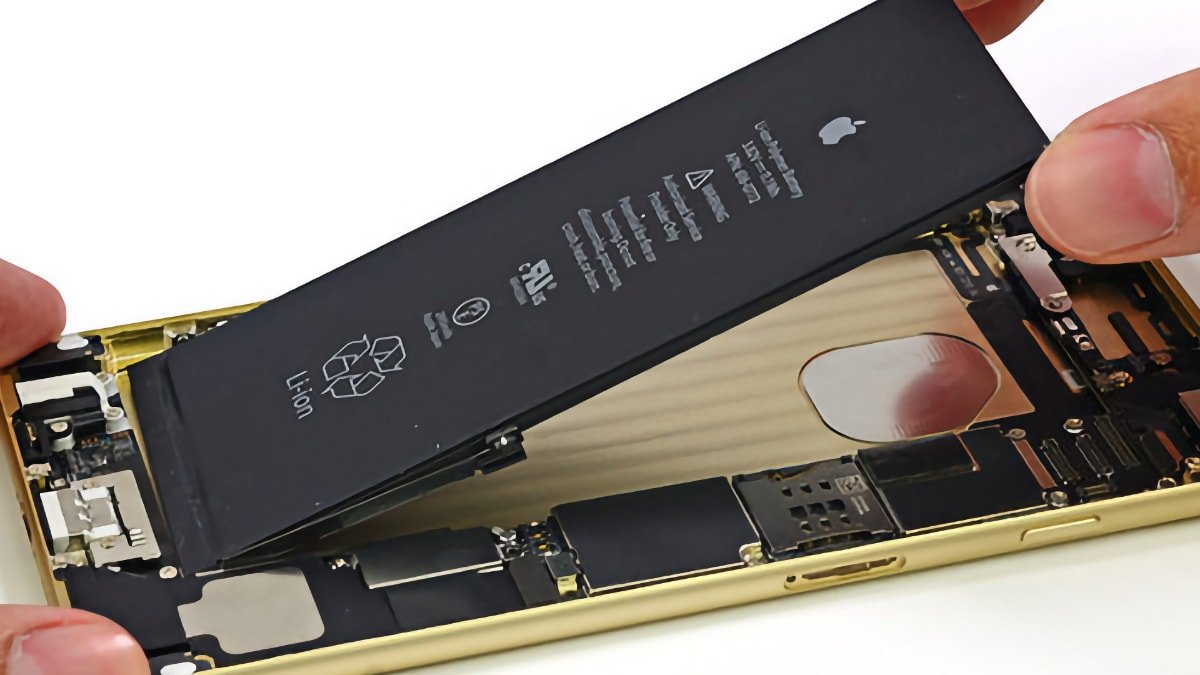The European Union is moving closer to enacting a law that will not just require smartphones like the iPhone to have easier battery repairs, but it will also mandate how much of a battery must be reclaimable after recycling.
By a vote of 587 in favor, nine against, and 20 abstentions, Members of the European Parliament (MEPs) have approved an agreement made with the Council to revamp European Union regulations about batteries and waste. The legislation represents the most recent endeavor within the "Right to Repair" movement, compelling companies to manufacture their products to make it easy for do-it-yourself repairs.
Some of the important parts of the legislation include:
- A compulsory carbon footprint declaration and label for certain types of batteries.
- Designing portable batteries in appliances so consumers can easily remove and replace them.
- A digital battery passport for certain types of batteries.
- A due diligence policy for all economic operators, except for SMEs.
- Stricter waste collection targets for portable and LMT batteries.
- Minimum levels of materials recovered from waste batteries.
- Minimum levels of recycled content from manufacturing and consumer waste for use in new batteries.
Certain provisions will probably become effective later in 2023, while others will be implemented at a later date. For example, it has a goal of 45% of more strict waste collection targets for portable batteries by 2023.
Looking ahead, the EU aims to achieve a minimum recycling threshold of 95% for materials derived from waste batteries by the year 2031.
In December 2020, the European Commission introduced a regulation proposal concerning batteries and waste batteries. The primary objective is to reduce the environmental and social consequences across all phases of the battery life cycle.
After the conclusive vote in plenary, the Council will now need to officially endorse the rules. Then, they will be published in the EU Official Journal in the near future and will come into effect.
Companies such as Apple, which sells battery-powered products within the EU, are expected to be impacted by these regulations. However, Apple and other companies will likely fight the implementation of these rules.
At present, Apple has established an official Self Repair Program, offering individuals access to parts and tools necessary for repairing their devices, including battery replacements.
 Andrew Orr
Andrew Orr







-m.jpg)






 Brian Patterson
Brian Patterson
 Charles Martin
Charles Martin


 Malcolm Owen
Malcolm Owen
 William Gallagher
William Gallagher
 Christine McKee
Christine McKee
 Marko Zivkovic
Marko Zivkovic









46 Comments
From the article and EU press release:
"
The earlier drafts mentioned design so that qualified personnel could readily change a battery without needing special tools and damaging the device or battery.
It will be worth keeping an eye on the final text, which for me, isn't loading at the moment.
So happy the EU is getting so involved in technology design /s
First the plug thing now this...it won't be long before we're back to using big clunky products.